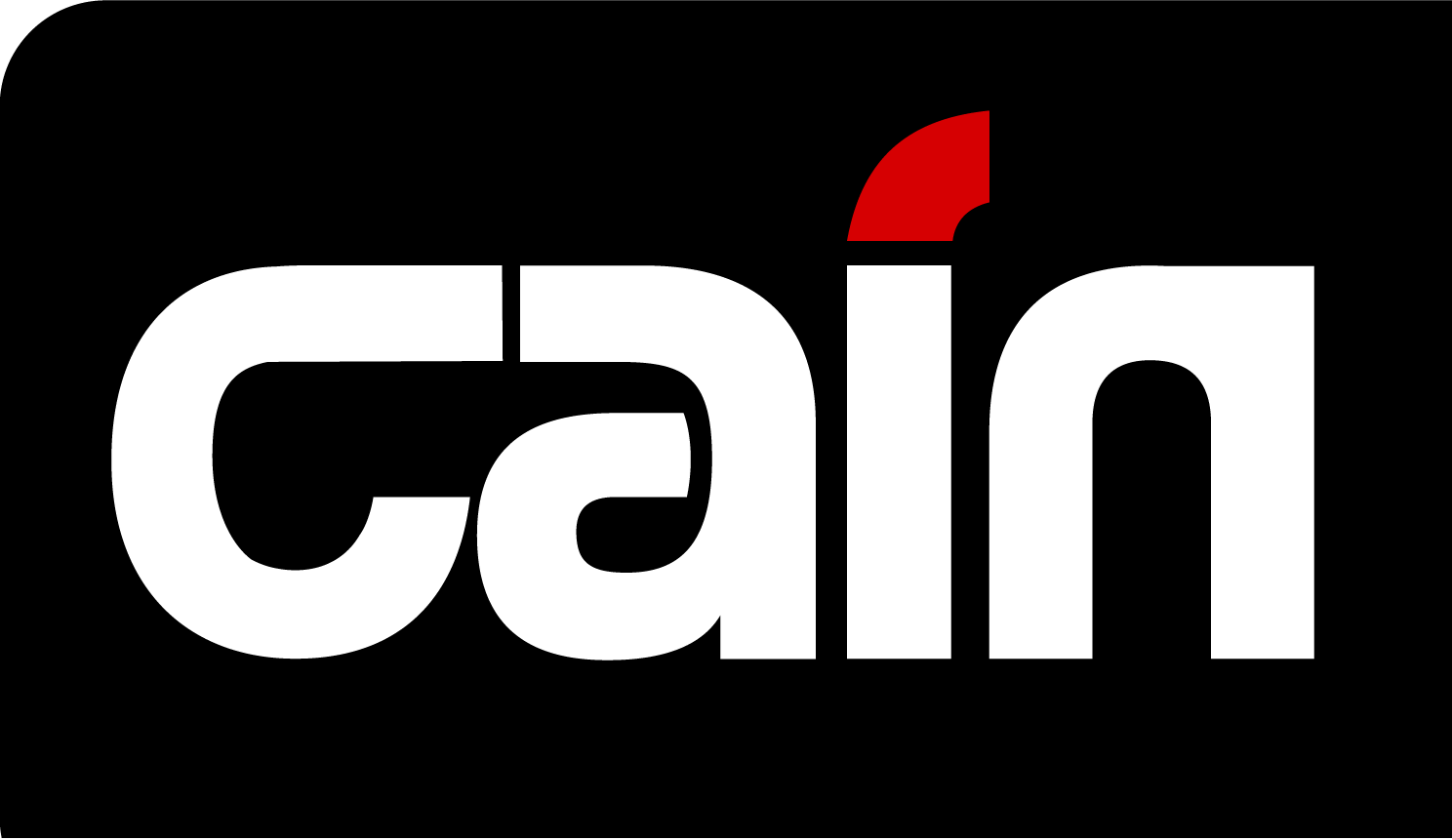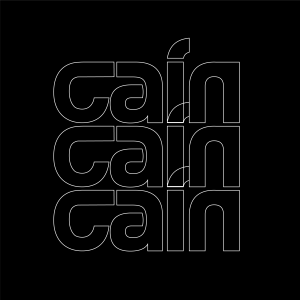The Trump administration labeled drug cartels as terrorists while cutting deals with their leaders (El Mayo, El Chapo, and his sons) to snitch on corrupt Mexican politicians—especially from Morena. But the truth is, the idea of Mexican cartels was cooked up by the U.S. government in the 1980s to cover up its deliberate promotion of Mexican drug trafficking. Operators tied to Mexico’s Federal Security Directorate (like Juan Esparragoza, “El Azul”) worked with the CIA to fund Nicaragua’s Contras. Now, a new book reveals that global drug trafficking is controlled at an even higher level by America’s elite Delta Force.
In December 2020, a deer hunter stumbled upon two bullet-riddled bodies in a wooded corner of Fort Bragg, North Carolina, the U.S.’s largest military base and home to the secretive Delta Force. The dead were Master Sergeant William “Billy” Lavigne, a Delta Force operator with over a dozen classified missions, and Chief Warrant Officer Timothy Dumas, a Special Forces logistics guy. Both were neck-deep in drug trafficking, according to The Fort Bragg Cartel: Drug Trafficking and Murder in the Special Forces by Seth Harp, an Iraq War vet and investigative journalist. Backed by interviews, declassified documents, police records, and court transcripts, the book exposes a scandal that shakes the core of America’s narrative about its elite military and the so-called “war on drugs.” Through a critical look at Harp’s public interviews, news reports, and available records, this essay uncovers Delta Force’s role in global drug trafficking, its ties to Mexican cartels, and the CIA’s murky role in this criminal scheme, questioning the legitimacy of U.S. drug policy.
Delta Force and Drug Trafficking: A Criminal Network at the Heart of the Military
Delta Force, the U.S. Army’s most elite special operations unit, is known for covert assassinations and secret missions in war zones. But The Fort Bragg Cartel reveals that some of its members have used their skills, contacts, and military resources to dive into large-scale drug trafficking. Harp documents at least 14 cases in the past five years of Fort Bragg-trained soldiers, including Delta Force operators, who were arrested, caught, or killed in drug-related activities, often working with Mexican cartels like Los Zetas.
The case of Billy Lavigne is a prime example. A traumatized vet with multiple deployments, Lavigne wasn’t just using crack—he was trafficking cocaine and meth at Fort Bragg. His death, alongside Timothy Dumas, who smuggled drugs and weapons from overseas during covert missions, points to a broader web of corruption. Harp describes how Dumas wrote a blackmail letter threatening to expose criminality in the Special Forces in Afghanistan, suggesting drug trafficking wasn’t just a side hustle but part of a systemic structure—maybe even a core function of Delta Force. This network included ex-DEA agents like Freddie Wayne Huff, who became a key cocaine trafficker in the southeastern U.S., linking Fort Bragg to Los Zetas.
In an August 14, 2025, Democracy Now! interview, Harp said, “This isn’t about a few bad apples. We’re talking about a culture of impunity in the Special Forces, where no oversight and the trauma of endless wars create a breeding ground for organized crime.” This culture is worsened by the routine use of amphetamines, opioids, and anti-anxiety meds prescribed to soldiers to keep them battle-ready, fueling addiction and easing their slide into the drug trade.
Ties to Mexican Cartels: Los Zetas and Fort Bragg Training
One of Harp’s most disturbing findings is the link between Fort Bragg and Los Zetas, a notoriously brutal Mexican cartel. Los Zetas started as an elite Mexican army unit, the Grupo Aeromóvil de Fuerzas Especiales (GAFE), trained at Fort Bragg and Fort Benning in the 1990s as part of a U.S.-Mexico program to fight drug trafficking. But by the early 2000s, many deserted to form Los Zetas, first as the Gulf Cartel’s enforcers, then as an independent cartel.
Harp details how this relationship didn’t end with their desertion. Fort Bragg soldiers, including Delta Force members, kept buying drugs directly from Los Zetas, maintaining military ties and communication. Sharon Shivley, a local loan shark, told Harp, “They were buying drugs from the cartel. People tied to Mexicans who’ll kill you if you don’t pay.” This wasn’t just about rogue soldiers—it involved Fort Bragg’s entire military apparatus. The U.S. training created Los Zetas to supply drugs to its own elite forces. In a Lawfare interview on August 12, 2025, Harp noted, “It’s ironic that while Trump’s government talks about sending special forces to Mexico to fight cartels, some of those same soldiers are working with them.”
This symbiotic relationship between Fort Bragg and Los Zetas isn’t a one-off—it’s a reflection of the contradictions in U.S. drug policy. While the DEA and other agencies spend billions intercepting shipments, Special Forces, trained to operate in the shadows, have found convenient partners in the cartels for their illegal activities.
The CIA’s Shadow: Complicity and Cover-Up
The CIA’s ties to drug trafficking aren’t new. Since the 1970s, works like Alfred McCoy’s The Politics of Heroin in Southeast Asia and the 1989 Kerry Report have shown how the agency has tolerated or even enabled drug trafficking by allies in proxy wars, from Vietnam to Nicaragua. The Fort Bragg Cartel adds a new chapter, suggesting the CIA, working alongside Delta Force in the Joint Special Operations Command (JSOC), has turned a blind eye to drug trafficking to prioritize geopolitical goals.
Harp cites the case of Freddie Huff, a former DEA agent at the El Paso Intelligence Center (EPIC), who befriended a CIA analyst, Karl Culberson. Before dying of cancer, Culberson told Huff, “What you’re doing is noble, but they want the drugs here. You’re a pawn.” This suggests the flow of drugs into the U.S. isn’t just a policy failure but a deliberate outcome of high-level decisions. According to Harp, the CIA has prioritized intelligence-gathering and covert ops over stopping drug trafficking, especially in Afghanistan, where the U.S.-backed Hamid Karzai government ran a “massive cartel” producing most of the world’s illicit opium.
In a New America interview on August 12, 2025, Harp explained, “The CIA and JSOC operate with so little oversight they’ve become a state within a state. This lets activities like drug trafficking thrive under the guise of national security.” The lack of transparency makes it hard to pin down the CIA’s exact complicity, but historical patterns and Harp’s evidence point to a tacit tolerance of drug trafficking as a lesser evil for strategic aims.
The Farce of the War on Drugs
Harp’s investigation doesn’t just expose corruption within Delta Force and its ties to cartels and the CIA—it questions the legitimacy of the U.S. “war on drugs.” Launched in the 1970s, this policy has burned through over a trillion dollars, jailed millions, and fueled untold violence in Latin America, without significantly cutting drug use or trafficking. Meanwhile, evidence suggests the U.S. government, through its elite forces and intelligence agencies, has fueled the very problem it claims to fight.
Harp argues that America’s endless wars, especially in Afghanistan, have worsened drug trafficking. During the 20-year occupation, Afghanistan became the world’s biggest narco-state, with warlords and corrupt officials on the U.S. payroll overseeing opium production. Delta Force soldiers, returning home, brought not just trauma but connections to overseas trafficking networks. This “blowback” from endless wars reminds us that U.S. military and drug policies are deeply intertwined—and deeply flawed.
In The Atlanta Journal-Constitution (July 22, 2025), Harp described the psychological toll: “The trauma of Delta operators, combined with massive prescriptions of narcotics for pain and PTSD, created a perfect storm for addiction and crime.” This doesn’t just hit soldiers—it devastates nearby communities like Fayetteville, where overdoses and drug-related killings have skyrocketed.
Conclusion: A Call for Transparency and Reform
The Fort Bragg Cartel isn’t just a tale of individual crimes—it’s a takedown of a system that allows impunity in the name of national security. Delta Force’s role in drug trafficking, its collaboration with cartels like Los Zetas, and the CIA’s quiet complicity reveal an ugly truth: the war on drugs is, in many ways, a sham. While the U.S. pours resources into military and anti-drug operations, its own institutions feed the problem they claim to solve.
Harp, in his Lawfare interview, called for action: “We need more transparency in JSOC and the CIA. Without accountability, these units will keep being a breeding ground for corruption.” This essay joins that call, urging a critical rethink of U.S. drug policy. Instead of sending special forces to fight cartels abroad, the government should look inward, tackle corruption in its ranks, and prioritize rehab for veterans like Lavigne, broken by endless wars.
The Fort Bragg story reminds us that wars—whether on terror or drugs—always come home. As Harp said on Democracy Now!, “The human cost of these policies isn’t just overseas—it’s in American communities ravaged by addiction and violence.” It’s time for the U.S. to face this truth and dismantle the structures perpetuating this cycle of hypocrisy and destruction.
Sources:
- Harp, Seth. The Fort Bragg Cartel: Drug Trafficking and Murder in the Special Forces. Viking, 2025.
- “The Fort Bragg Cartel: Book Exposes U.S. Special Forces’ Involvement in Drug Trafficking & Murder.” Democracy Now!, August 14, 2025.
- “How Fort Bragg special operations troops created a drug cartel.” Reason, August 12, 2025.
- “Inside Fort Bragg’s drug crisis.” The Atlanta Journal-Constitution, July 22, 2025.
- “Lawfare Daily: ‘The Fort Bragg Cartel’ with Seth Harp.” Lawfare, August 12, 2025.
- “The Fort Bragg Cartel: How Seth Harp Uncovered Drug Trafficking in the U.S. Military.” New America, August 12, 2025.
- “Inside Fort Bragg’s Secret Cartel and Unsolved Murders: Book Excerpt.” Rolling Stone, July 28, 2025.

